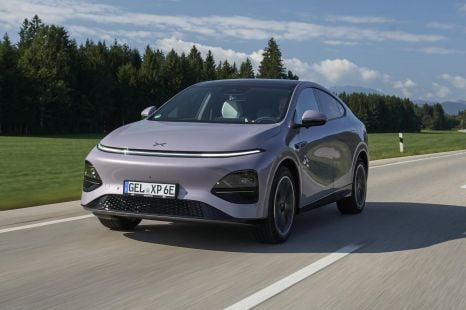

Neil Briscoe
2026 Xpeng G6 AWD Performance review: Quick drive
4 Days Ago

Marketplace Editor
Hyundai Australia is planning an electrified onslaught over the next 12-18 months, as it plans to offer an electrified SUV in every segment it competes in by the end of 2024.
Speaking at the launch of the new Ioniq 6 electric car, senior manager for Hyundai Australia’s direct to consumer division Andrew Stamatakis told media “every Hyundai SUV segment will be electrified before end of next year”.
Though Mr Stamatakis stopped short of confirming which of its current segment offerings will be getting the electrified treatment in 2024, the process of elimination leaves the Venue and Tucson as the next cabs off the rank.
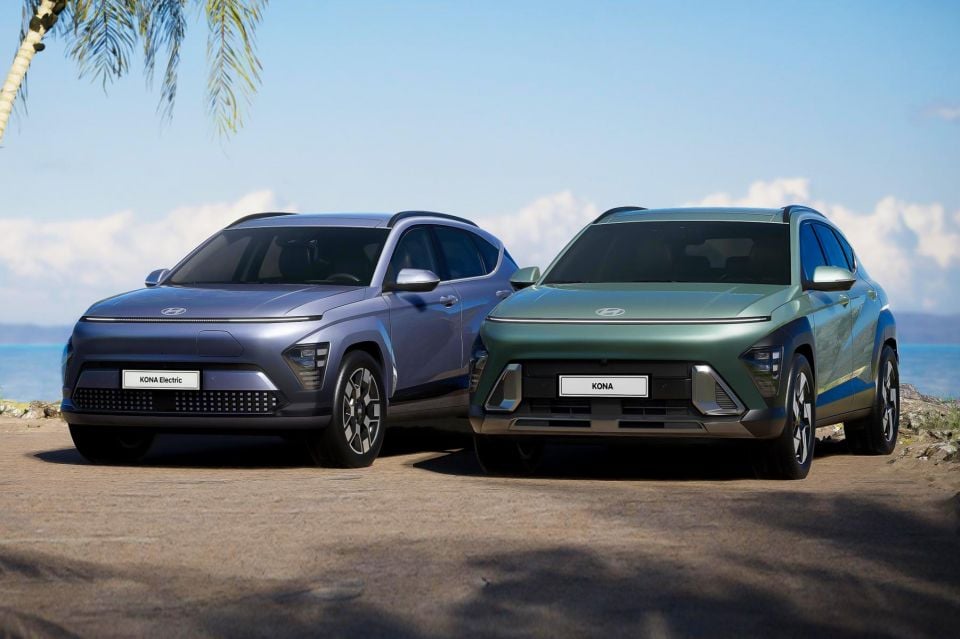
Already confirmed for 2023 are the Kona Hybrid and Electric models, due locally in the fourth quarter, covering the small SUV segment.
The larger Santa Fe Hybrid covers the large segment, with the all-electric Ioniq 7 to be revealed in production-ready form before the end of this year ahead of a 2024 Australian arrival.
The Tucson Hybrid and Plug-in Hybrid have thus far been unavailable to the Australian market, with the brand citing the reluctance from its global parent to tool the factory for right-hand drive.
Currently, the Korean factory supplies the domestic market and the likes of North America with electrified Tucsons, with the only RHD Tucson Hybrids made in the brand’s Czech factory in short-wheelbase form for markets like Europe and the UK.
A Tucson Hybrid would finally give Hyundai Australia a competitor to the top-selling Toyota RAV4 Hybrid, as well as incoming competition from sister brand Kia, which has confirmed the related Sportage Hybrid for an early 2024 launch in Australia. The GWM Haval H6 Hybrid is also lapping up the lack of competition locally.
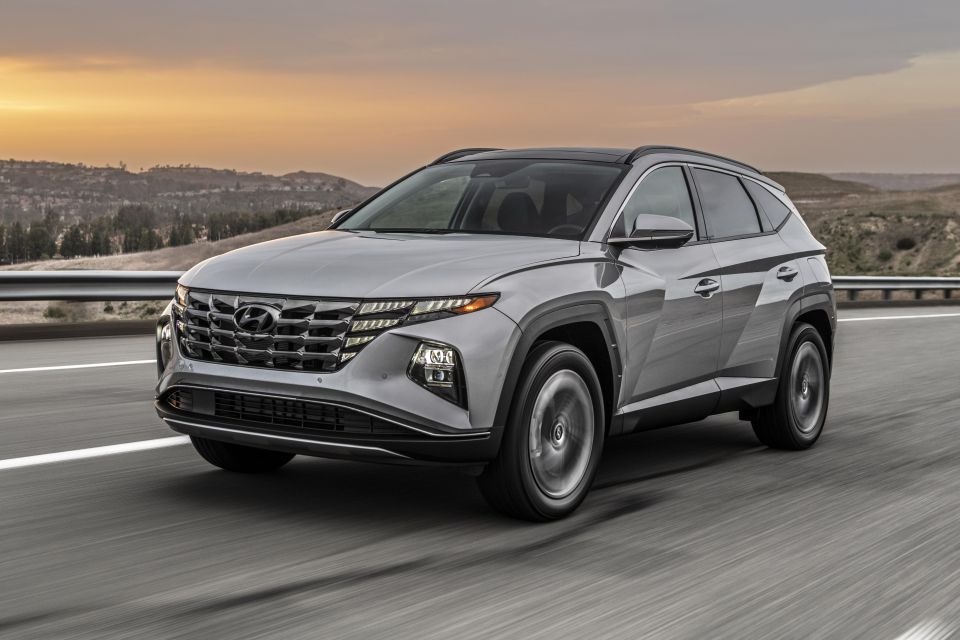
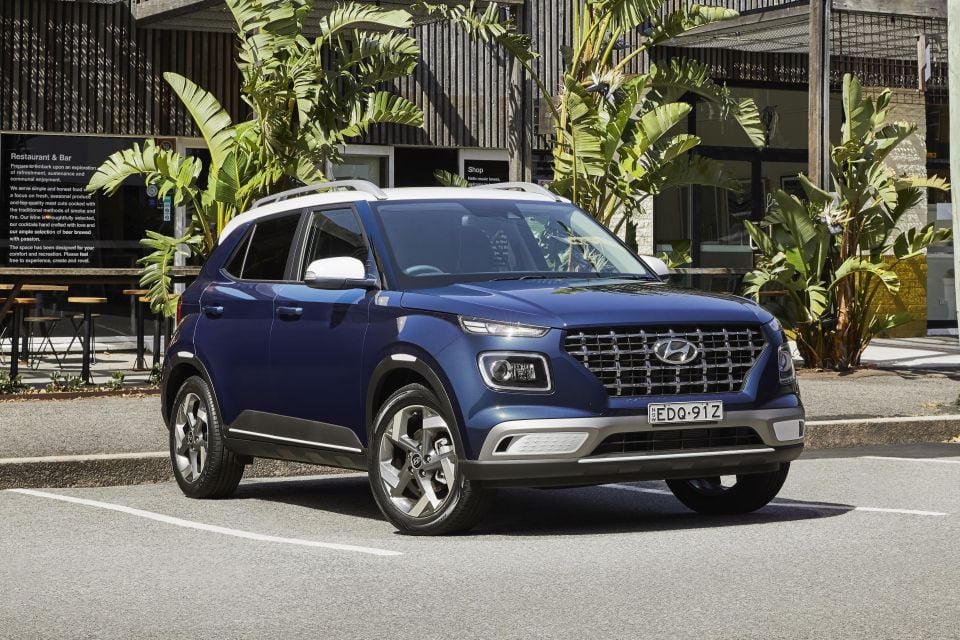
Perhaps more interesting is what Hyundai plans to do with the light SUV segment. The Venue is now Hyundai’s most affordable product, starting from $21,900 plus on-road costs, and launched globally back in 2019 – so it would be coming up to its fifth birthday in 2024.
Neither the Venue or the related Bayon in Europe currently offers an electrified option, though genetic links to the current Hyundai i30 Hatch and Kia Ceed could see some form of electrification offered down the line.
Despite its age, the Hyundai-Kia K2 platform supports mild-hybrid and plug-in hybrid technology. The i30 Hatch is offered in markets like Europe and the UK with a 48V-supported 1.5-litre turbo, while the related Kia Ceed – the Euro cousin to our Cerato – offers both MHEV and PHEV options.
Even the Kia Stonic and Rio offer 48V mild-hybrids abroad, sourced from the same factory as Australia – though the Rio will be discontinued for a number of markets including Australia after this generation.
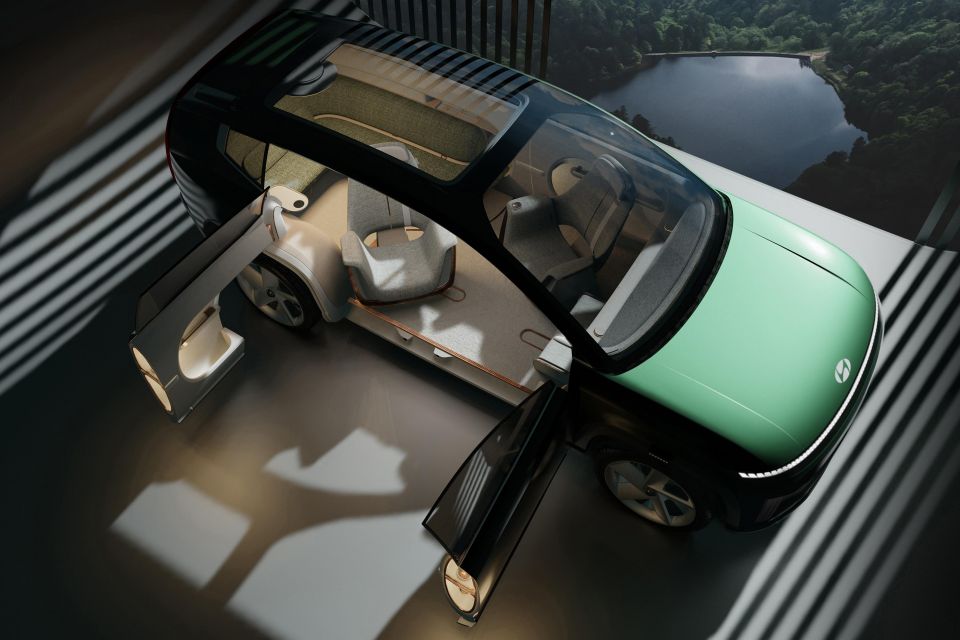
Hyundai Australia has bold plans to be an EV leader in the coming years, and offer as much choice as it can to its customers – supply allowing.
The brand is hoping to deliver 3000 electric vehicles in 2023 across Ioniq 5 and Ioniq 6 model lines, and double that figure in 2024 with the addition of the upcoming Ioniq 7 flagship.
Stay tuned to CarExpert for all the latest.
MORE: Everything Hyundai Tucson MORE: Everything Hyundai Venue
Where expert car reviews meet expert car buying – CarExpert gives you trusted advice, personalised service and real savings on your next new car.
James is an automotive journalist based in Melbourne, Australia. Before joining CarExpert.com.au in 2020, James has worked at leading auto media outlets including Carsales and CarAdvice, as well as at Pulse agency for Ford Australia's communications team. In 2019 James made Mumbrella's 'Top 20 most prolific web authors in Australia' list after publishing 1,360 articles between March 1, 2018 and February 28, 2019 for CarAdvice. James is also an Ambassador for Drive Against Depression – an Australian charity whose mission is to support mental wellness through the freedom of driving and a shared love of cars.


Neil Briscoe
4 Days Ago
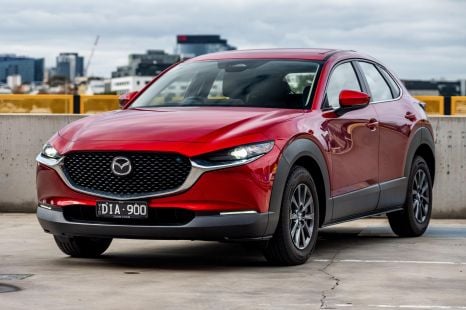

Max Davies
3 Days Ago
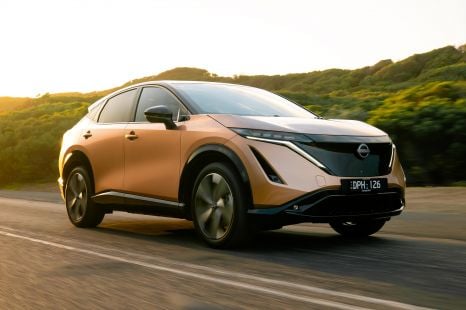

James Wong
2 Days Ago
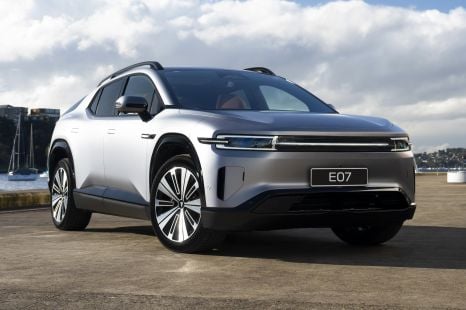

William Stopford
2 Days Ago
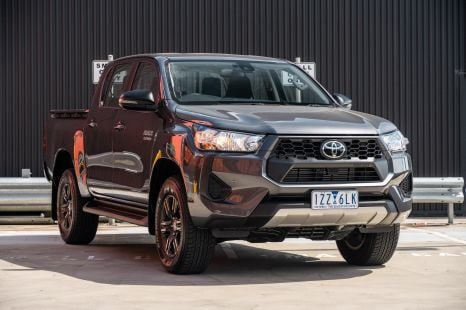

Josh Nevett
1 Day Ago
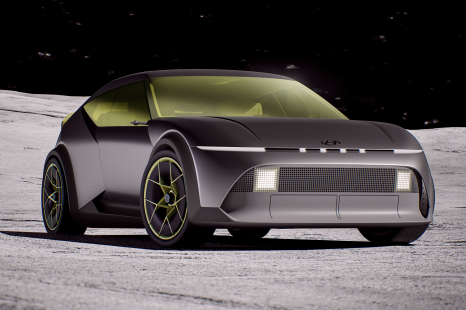

William Stopford
22 Hours Ago